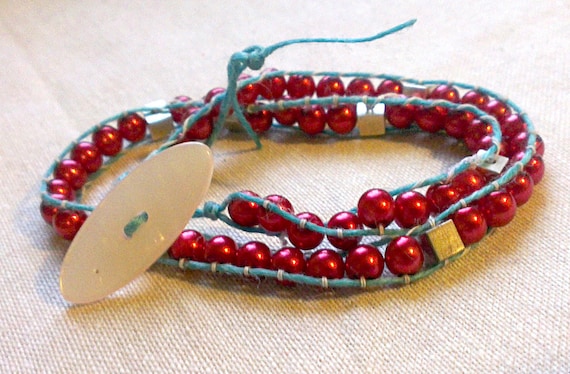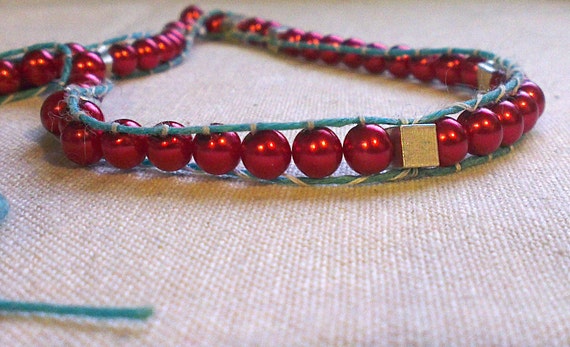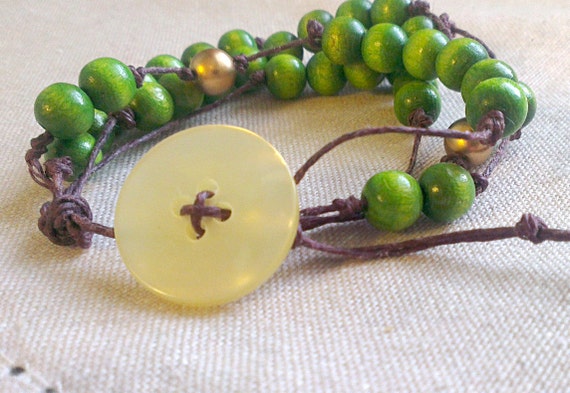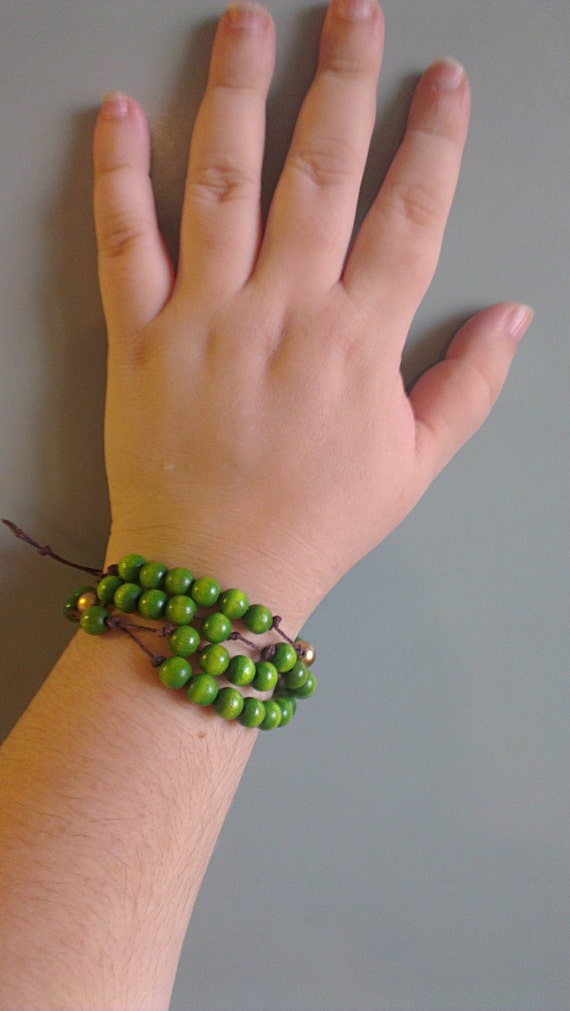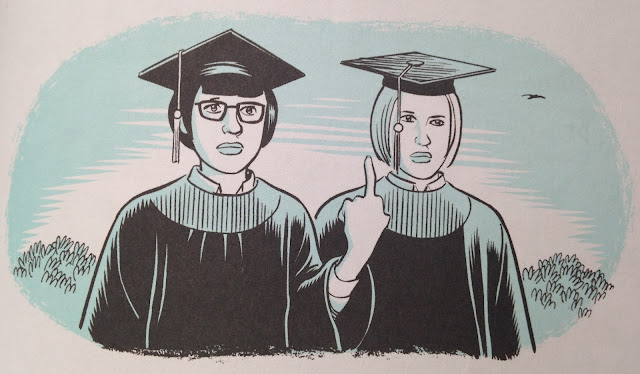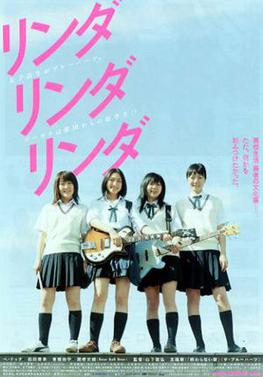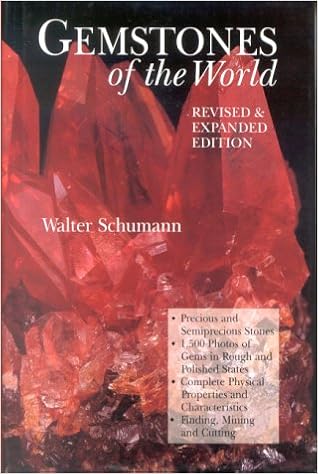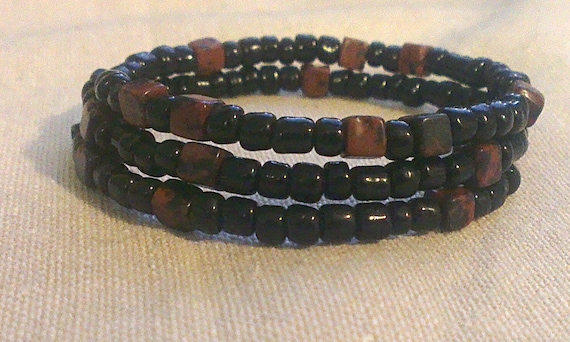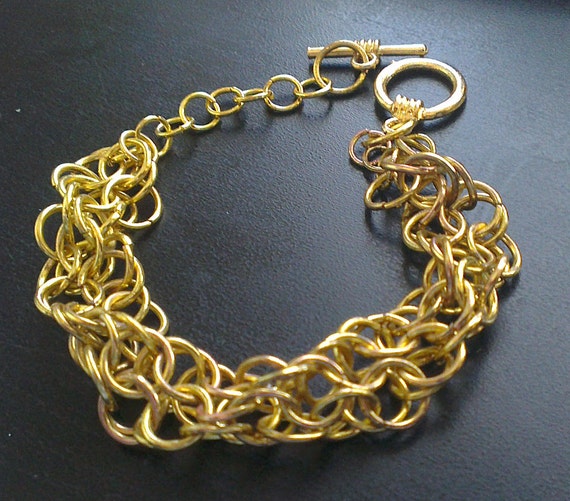As it turns out, I have a lot of things that would be great Talky Tuesday fodder. But I've just been reading the archives of Captain Awkward, which is relevant to a personal experience I went through last fall that I just rehashed (for good reasons, no worry) and is currently in my mindspace. So I'm putting aside some of the other topics I thought would be good for Talky Tuesday and am instead going to jump straight to:
gossip.
We've all watched all the after-school specials about manners and being a good friend and "if you don't have anything nice to say, don't say anything at all," and all of us—
especially women—have had it drilled into us that we have to be nice and positive all the time, otherwise we are catty. We're gossiping.
Of course, the lesson, when targeted to young children, is (arguably) targeted equally to both sexes. But I think adult women, and even teenagers, face a special level of scrutiny, even when they
need to be negative ("You're so dramatic!" "You're just overreacting." "Are you on your period?") that men (yes, even teenage men) do not. The only people in culture who get described as "catty" or "gossipy" are, conveniently, ones who are often codefied as femme (that is, women and gay men*). Here's a pretty good example of what I mean by gossip being codefied as femme/female:
It gets even more complicated when we're trying to convince women of all ages to strive for
solidarity, that other women are not your enemy, that there is value in sisterhood. Again, discussions about absent parties that aren't entirely positive are perceived as dangerous and harmful.
I say: we need to drop the stigma. Both sexes, but women especially, and for this reason:
what society codefies as "gossip" is often what protects victims from predators.
This dawned on me while I was having a
fika** with a friend of mine who was writing on the phenomenon of "the missing stair" as it related to someone who had recently been summarily dismissed from our social group on account of sexual harassment and molestation.
What follows is a brief account of drama, but since other people's drama is usually boring, I'm bracketing it off so you know where to start reading again.
To give a brief summary: I encountered Eric*** early on in my move here. He immediately pinged on my autistic radar (it's a gift), specifically as the type who is loud, excitable, and sometimes intolerable in crowds, but potentially fine one-on-one. Because I thought Eric was a good friend of Angie*** (someone I really, genuinely like and admire), and because everyone else in the Stockholm NaNoWriMo group seemed to like or at least tolerate him, I decided to give him the benefit of the doubt and went out of my way to be social with him. He either didn't notice or didn't care until he found my OkCupid profile.
(And
everyone who hears this story immediately side-eyes me like "GIRL WHAT ARE YOU DOING ON OKCUPID YOU HAVE A MAN." Well,
asshole, I make it clear MULTIPLE TIMES that I'm in a monogamous relationship and that I'm only looking for friends. "LOLOL WHO USES OKCUPID TO MAKE FRIENDS?" people sometimes reply, to which I say: when you are an immigrant or an expat in a foreign country, you use
whatever means necessary to make friends. I met my best friend in Korea on OkCupid, as a matter of fact.)
Around the time Eric found my OkCupid profile and started sending cutesy, flirty FB messages (somehow not understanding that really, I was on there to make friends), Angie's new boyfriend had been simmering and trying to navigate his feelings over Eric: legitimate feminist ally concern or just macho territorialism or what. So when Angie's boyfriend made the "Euuuugh, that guy" sound at the mention of Eric at some point early last year, I looked him square in the eye and said, "We need to
fika about this. I'm serious." I was probably way too intense about it but fortunately Angie's boyfriend needed to vent so he either didn't notice or didn't mind my crazy eyes about it. I showed him my FB messages from Eric and recounted some things I had observed that had got my hackles up, things I had previously only shared with my boyfriend.
Meanwhile, Eric had
seriously and gravely misconducted himself around one of Angie's friends, leaving her skeeved out and in tears. Between my relayed messages to Angie, and Angie's friend telling her what happened, she then decided enough was enough and told Eric in no uncertain terms that he was a snake for calling himself a feminist and then treating women the way he did, and that their friendship was over and she did not want to see him at all.
I breathed a sigh of relief, then unfriended and blocked Eric on all our forms of contact.
"What do you think led to Eric being allowed to remain in the group for so long?"
I took a mental inventory of the story that I just shared with you up there. It took some thought, but in the end I had a pretty clear answer.
"I know this is shitty, but if the group weren't entirely a dry group...I'm cool with people who are sober, of course, but a bit of alcohol can get people to open up and trust a little more...like if me, Sara, Angie, and Robin*** were all a cohesive
group who felt comfortable slagging people off in front of each other, like we didn't have to be positive all of the time...yeah, I think it certainly would have been dealt with a lot quicker. Like if everyone realized that everyone else actually
agreed with them. If I had known that Angie was harboring those doubts about him, then I would have never bothered to 'try and like him.'"
Especially when it comes to men, women are seen as bitchy, catty, and worse if we even just voice our honest opinions about people. We're cast as the snobby popular girl in the teen melodrama if we say that Creeper McCreeperson makes us uncomfortable: "He's really a nice guy! He's just socially awkward! You should give him a chance!"
So we clam up. We clam up around men, but then a funny thing starts to happen: we clam up around other women, too. You can't blame us; the training runs deep. We wait until it's (almost) too late to voice our opinions on That Guy in the group, making the inertia the group has to overcome in either modulating That Guy or tragically excising him all the greater. Often, if someone is brave enough to tepidly put forward an, "I don't know, there's just something about him....but maybe it's just me," we wave our hands and say, "Nah, he's weird but he means well~~" even while we're silently going "YES YES YES, HELL YES." All because we don't want to be catty gossips.
Well, I say fuck that. You're an adult with a moral compass: you know when you're voicing legitimate concerns, and when you're just cutting someone down for fun or indulging in a taste for scandal and rumors. One is good and healthy for a social group and ensures
everyone's comfort and safety. The other—that's gossip.
The distinction is important. Learn it. Recognize it. Speak up when you feel uncomfortable. Listen when others say they're uncomfortable: they're likely the tip of a huge, messy iceberg. It probably means your social group has
a missing stair.
This is why I always encourage people to finish or clarify their "Eugh, I know they're a friend of yours, but $person just bugs me," statements. More often than not it's a mutual acknowledgement of someone else's problematic or annoying (not always creeper) behavior; when it's not, I have no qualms putting on the Friend Hat and defending my absentee buddy.
If your good, bestest, most amazing buddy is Creeper McCreeperson? Sorry, but it's kind of your responsibility
as their friend to recognize what is loathsome about their behavior and bring it to Creeper's attention. If Creeper really
is just "socially awkward," they will ultimately benefit from (and probably appreciate) your intervention. If Creeper's a jerk, then do you want to invest your friendship currency in a jerk?
Be honest. Be open. Own your feelings.
*Holy shit there's a lot to say about gay male representation and I'm aware there's more than the femme-y, lisping stereotype, and I hate to frame it like this, so I'm sorry.
**coffee/tea and snacks, but much more than that; the backbone of Swedish culture
***name changed
